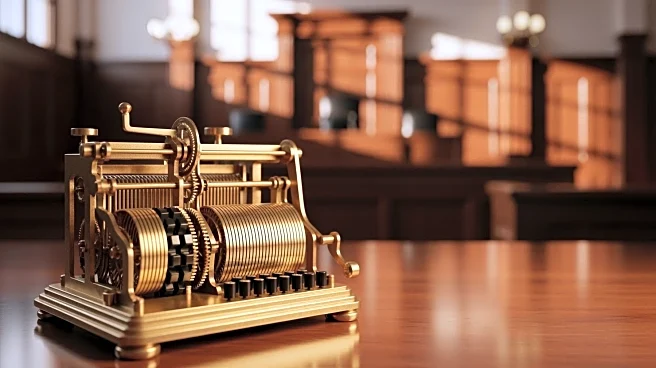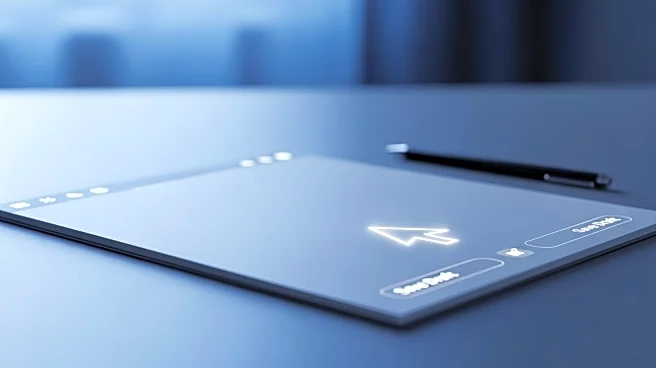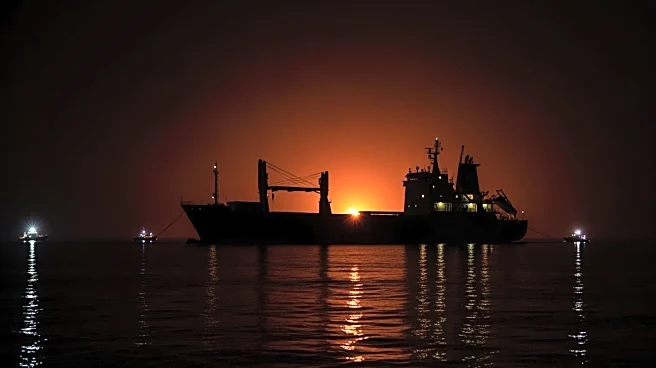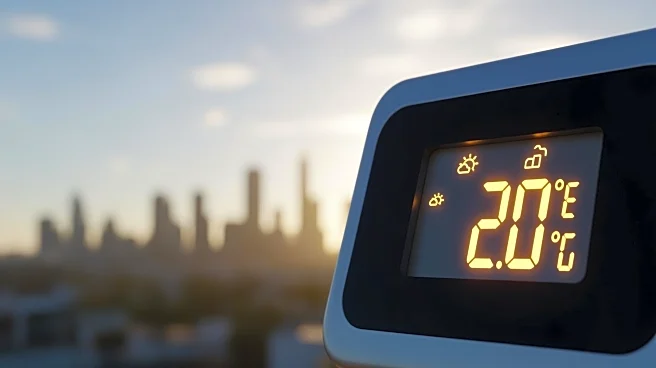What's Happening?
A French court has suspended the export license for one of the world's earliest calculating machines, known as the 'Pascaline,' which was set to be auctioned at Christie's in Paris. The device, created
by Blaise Pascal between 1642 and 1645, was part of a collection owned by the late engineer Léon Parcé. The auction was scheduled for November 19, but the sale was halted due to the court's decision, which was influenced by arguments from heritage organizations and academics emphasizing the calculator's historical significance. The French Ministry of Culture had initially authorized the export, but the court's intervention marks the first time an export license for a cultural item has been stopped by a legal ruling.
Why It's Important?
The suspension of the sale highlights the ongoing debate over the preservation of cultural heritage and the role of national governments in protecting historically significant artifacts. The decision underscores the importance of maintaining cultural treasures within their country of origin, especially when they are deemed 'national treasures.' This case could set a precedent for future disputes over the export of cultural items, potentially affecting the art market and international auctions. It raises questions about the balance between private ownership and public access to historically important objects.
What's Next?
The case will proceed in court for a final decision, which could influence future policies on the export of cultural items. If the court upholds the suspension, it may encourage other countries to adopt similar measures to protect their cultural heritage. The outcome could also impact the strategies of auction houses like Christie's, as they navigate the complexities of international sales involving historically significant items.








